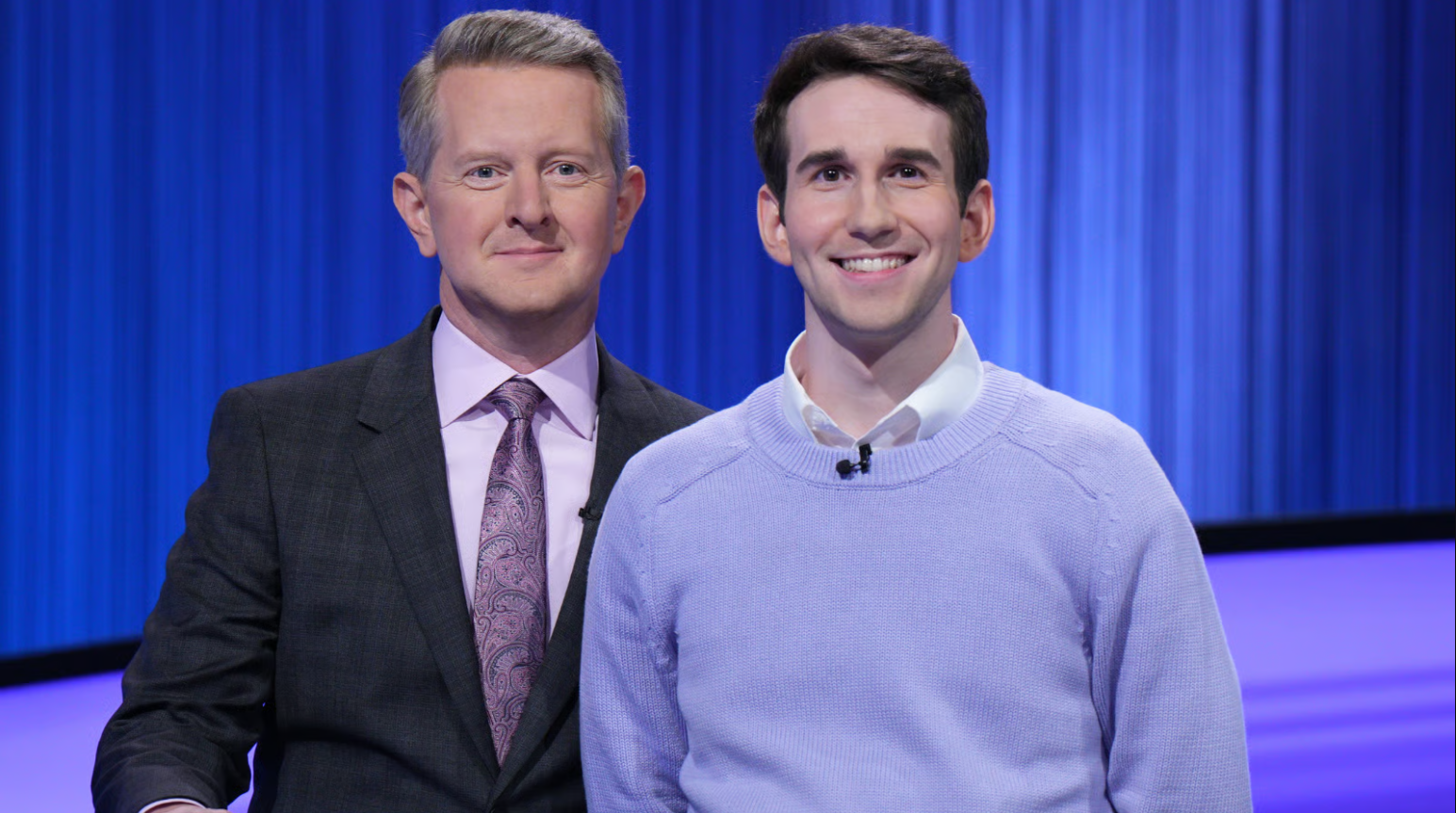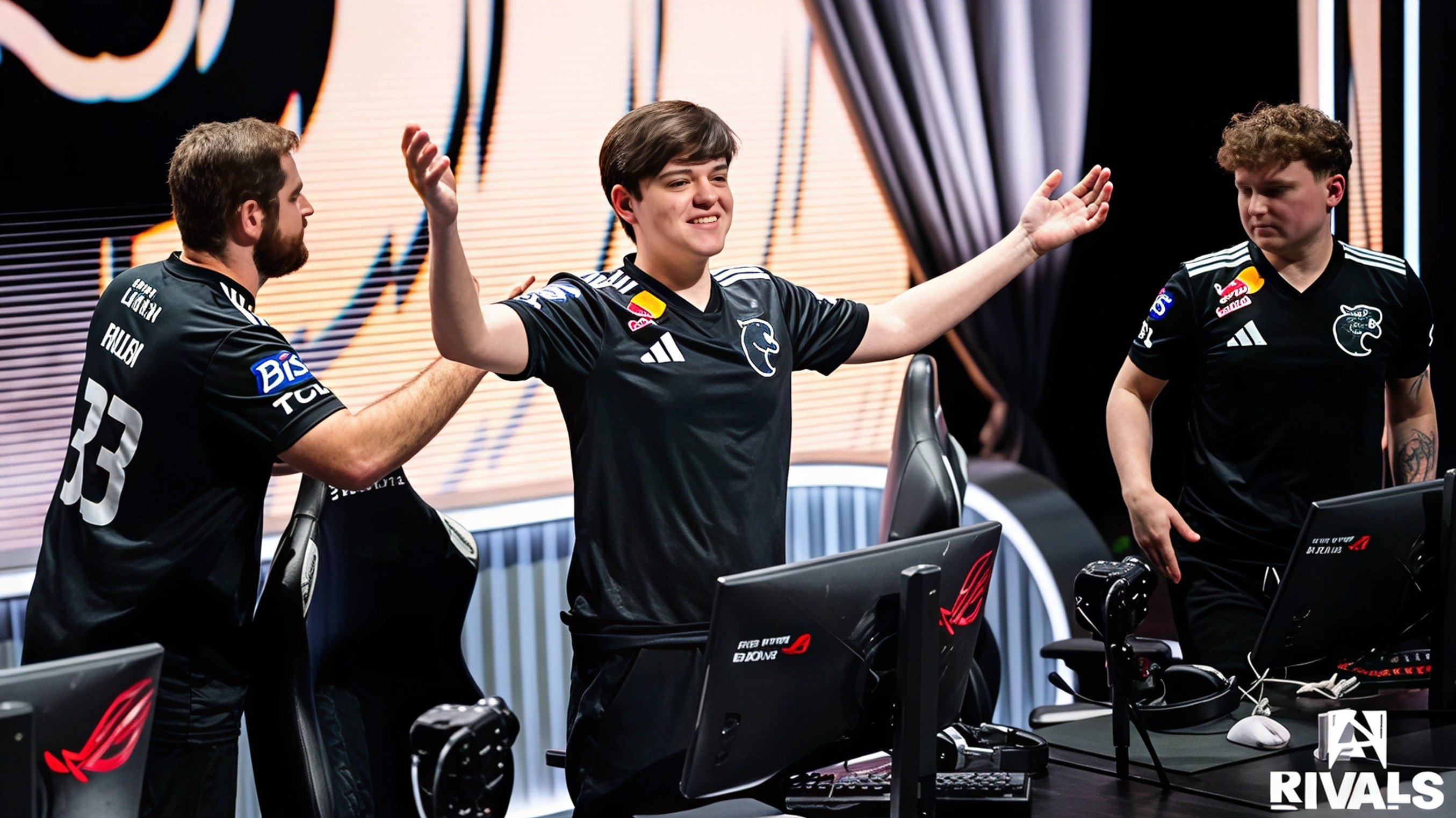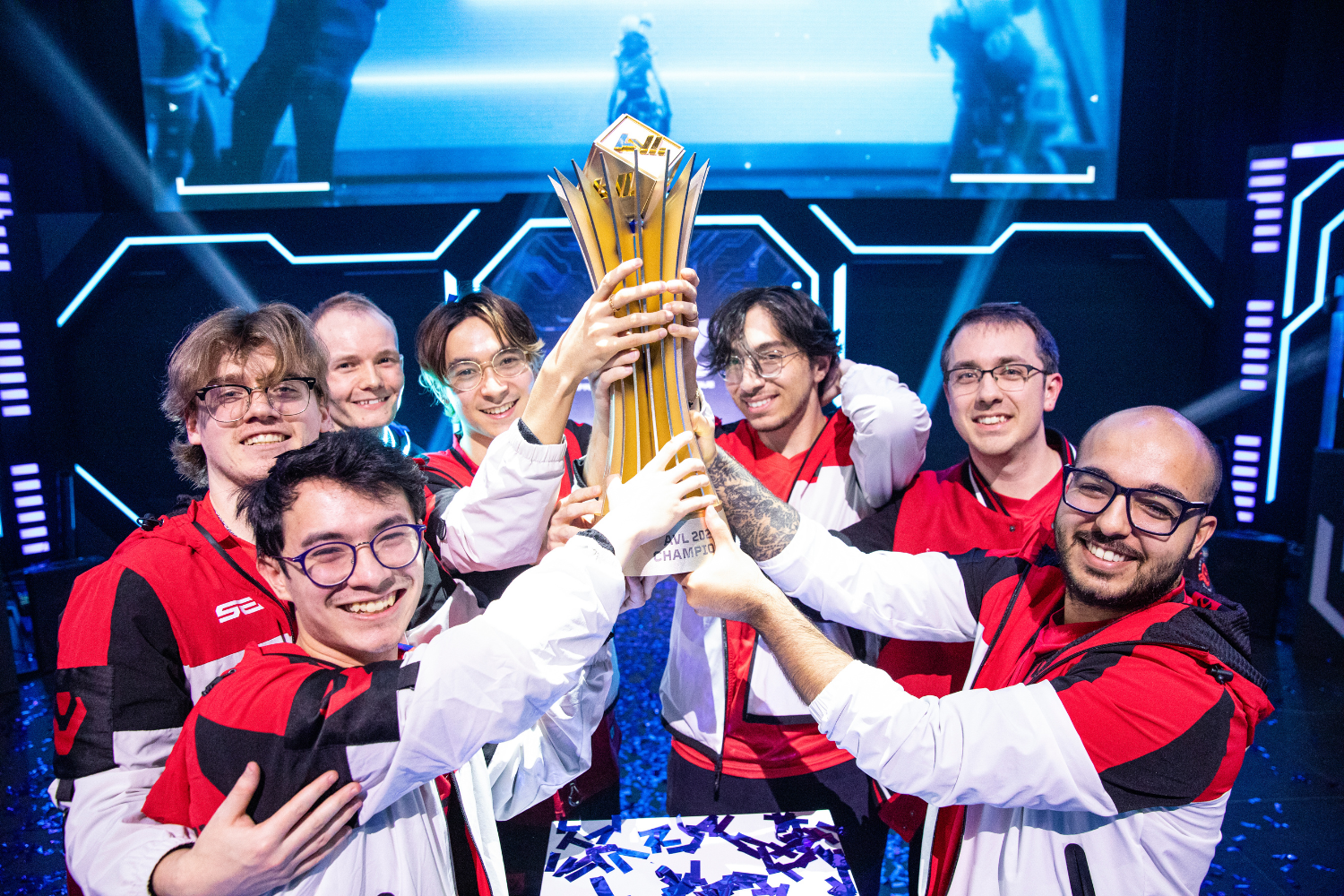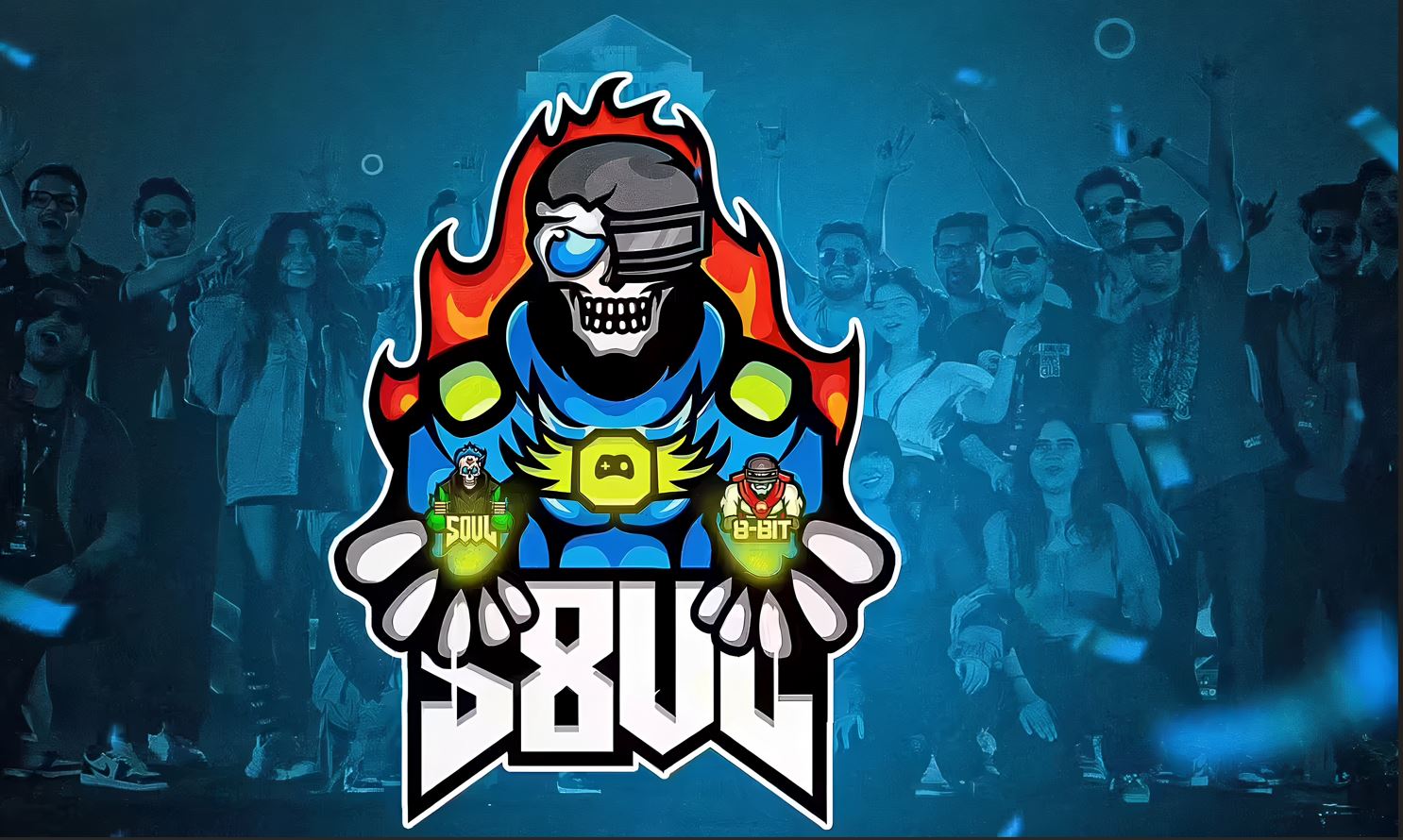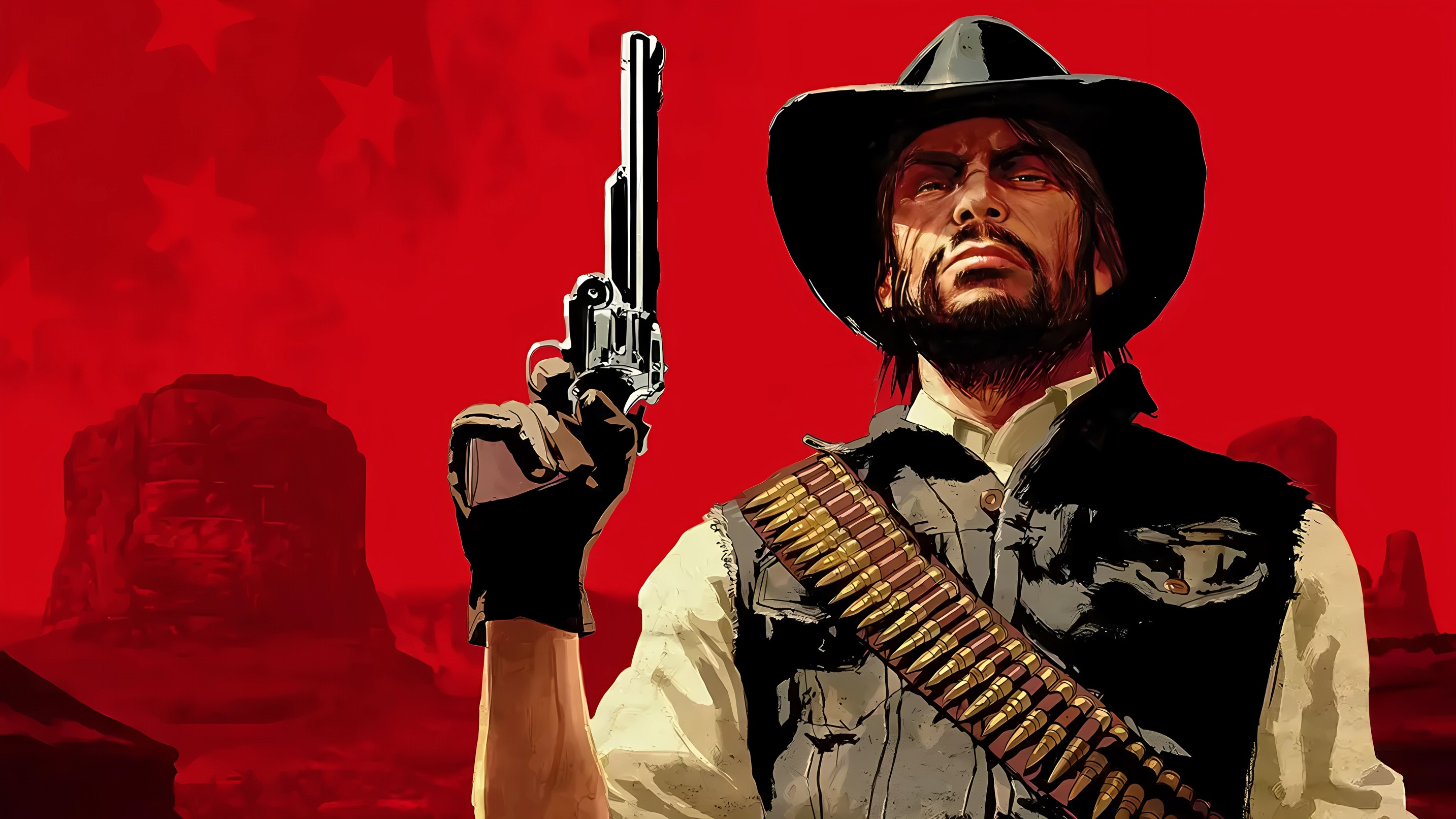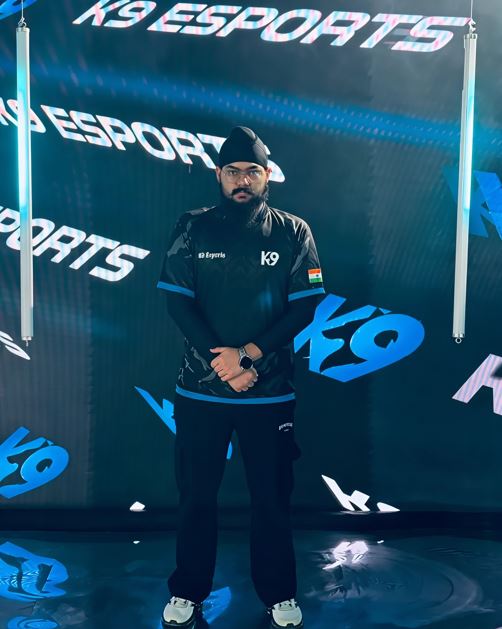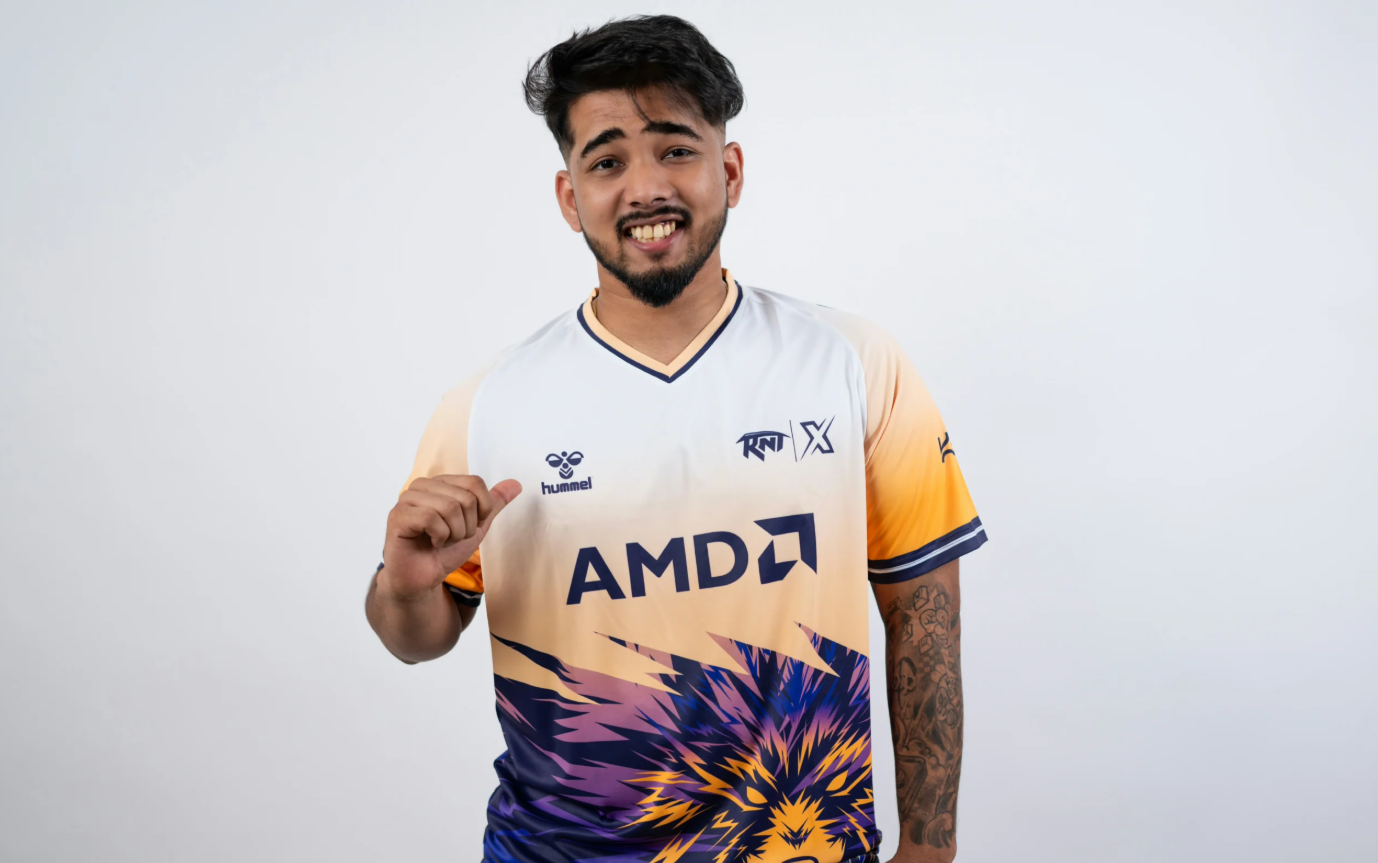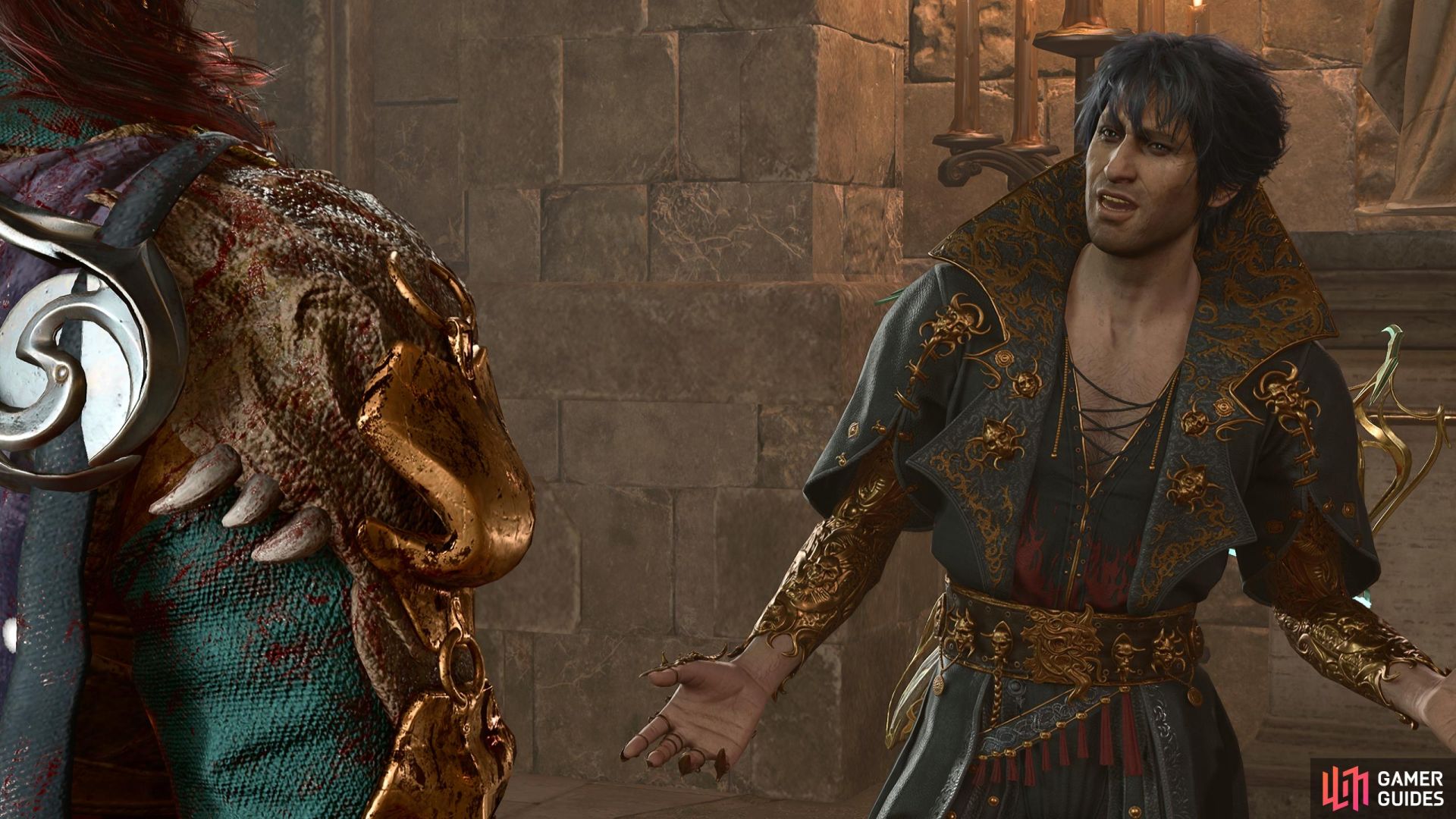Scott ‘Biscotto’ Riccardi has done what many in the Super Smash Bros. scene have only dreamed of, but not in the way you might expect. The online Ultimate player has racked up a staggering $262,101 on Jeopardy in just ten days, instantly putting him ahead of most top-tier Smash professionals in terms of career earnings. Despite not being a dominant force in major Smash tournaments, Biscotto has achieved in game show trivia what countless pros have struggled to do in competitive esports make real money.
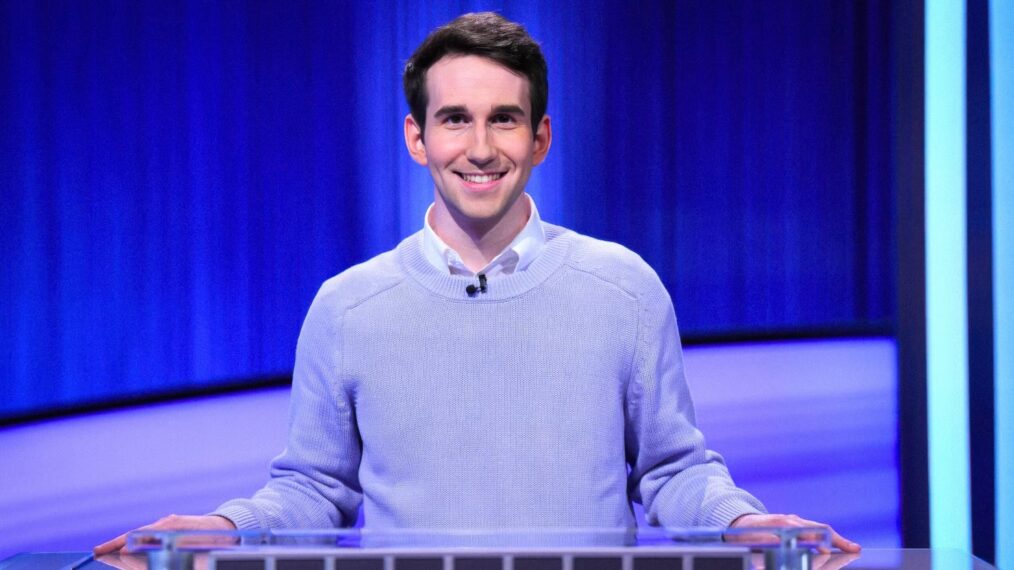
Biscotto’s streak has placed him among the top 20 longest-running Jeopardy winners of all time. What makes the moment surreal is how quickly his trivia earnings have eclipsed the lifetime prize money of elite Smash players who have spent years grinding through high-stakes tournaments, overseas brackets, and bootcamps. Legendary Ultimate star Leonardo ‘MkLeo’ Perez, for example, has earned around $168,000 through tournaments since 2018. Even Gavin ‘Tweek’ Dempsey, a consistent runner-up in major events, sits at just $110,000. Biscotto, in less than two weeks, has nearly doubled those figures.
The comparison becomes even more brutal when you shift focus to Melee. A game with over two decades of legacy and legendary figures, the Melee scene has rarely offered the kind of prize pools seen in other competitive titles. William ‘Leffen’ Hjelte, one of the game’s most successful and influential players, has made just over $215,000 in his entire career. Biscotto passed him with Jeopardy winnings before the show's second commercial break. The only names left ahead of him are Mew2King, Armada, Mang0, and Hungrybox, players considered to be the Mount Rushmore of Smash. And at the pace Biscotto is going, he might surpass them too not by pressing buttons, but by answering questions on American history and obscure world capitals.
This story is not just a quirky anecdote. It shines a glaring spotlight on one of esports’ longest-running problems. Smash has always existed in a financial vacuum, with little to no support from Nintendo. There is no formal league, no stable prize infrastructure, and few salaried opportunities. Many top players still have to crowdfund their flights to tournaments. Some can’t even afford the entry fee. The scene runs almost entirely on passion, community backing, and grassroots effort.
Juan ‘Hungrybox’ DeBiedma, one of Melee’s greatest champions, has openly shared how he had to work full-time jobs to make ends meet despite being the number one player in the world. Organisers often fund events from their own pockets or turn to crowdfunding just to pull off a decent bracket. It’s a system driven by heart, not money and that’s exactly why moments of raw emotion, like a player falling to their knees after a victory, matter so much more in Smash than in any other esport.

Biscotto’s Jeopardy run is a wake-up call and a harsh contrast. It shows what could be possible if Smash had the infrastructure and support that games like League of Legends or Counter-Strike enjoy. It proves that a trivia-based game show can reward someone more generously than one of the most passionate communities in gaming. And perhaps most heartbreakingly, it highlights just how much of Smash is about glory, not gain.
Follow Gaming Moves on Instagram and Facebook for more esports stories, tournament updates, and the real struggles and triumphs behind your favorite games.

